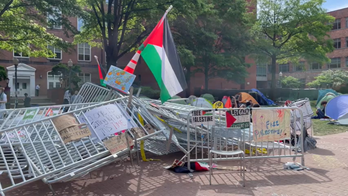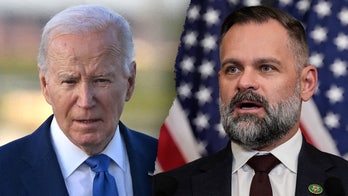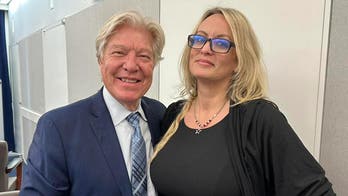The U.S. Supreme Court stayed silent Monday on whether it will tackle the issue of gay marriage or let an appeal court ruling on the issue stand, according to several published reports.
The High Court could still make a statement on the highly contentious issue on Friday, the next time the justices are to meet.
The Ninth Circuit Court of Appeals decided several months ago that Proposition 8, a 2008 ballot initiative in California that banned gay marriage in that state, was unconstitutional.
According to the news wire service Reuters, the justices met on Friday to discuss whether to take up challenges to Proposition 8 as well as to the U.S. Defense of Marriage Act (DOMA), which prohibits federal benefits to gay couples.
A majority of states –31 of 50– have passed constitutional amendments banning gay marriage. A few have passed measures recognizing it as legal.
DOMA holds that marriage involves a man and a woman, not two people of the same gender.
The Ninth Circuit Court’s ruling was narrow, addressing only California.
Gay marriage advocates expressed frustration over the lack of action by the U.S. Supreme Court on the issue.
“We understand that it is a complex case,” the Los Angeles Times quoted Adam Umhoefer, an executive director of the American Foundation for Equal Rights, as saying. “And if they need another week to reach the right decision, we’re fine with that.”
His organization is fighting against Proposition 8.
Exit polls conducted on Nov. 6, when elections took place, showed that Latino voters voiced the most support for gay marriage of any other group in the electorate.
ABC News reported, for example, that nearly 60 percent of Latino voters thought their state should legalize same-sex marriage, slightly more than 32 percent opposed it. In the general electorate, 48 percent of all voters supported the legalization of gay marriage; about the same percentage opposed it.




